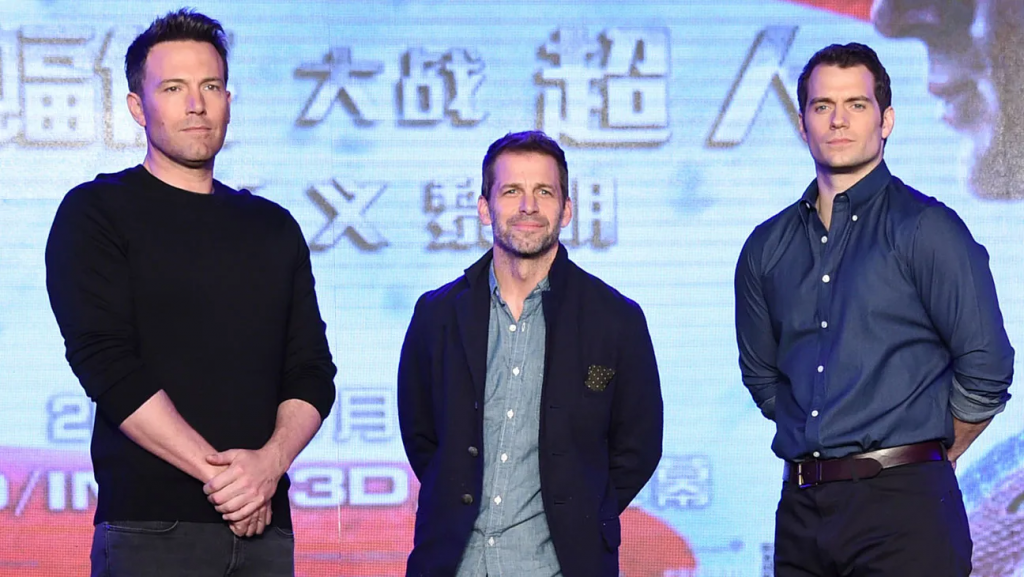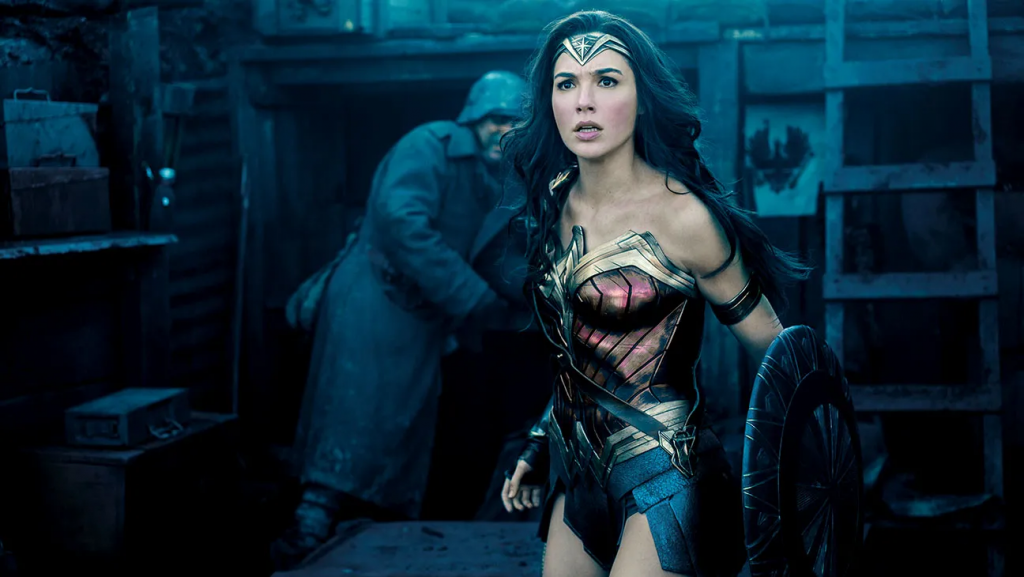
In the end, the individual successes and setbacks defined the DCEU, concluding this week with “Aquaman and the Lost Kingdom.” In 2018, Aquaman made a grand entrance during the peak of comic book hype, marking a zenith for superhero films. Fast forward five years, and the sequel arrived with much less fanfare, reflecting a subdued evolution.
The DCEU, spanning a decade, experienced a tumultuous journey, shaped by visionary filmmakers, unexpected hits like Aquaman, and unforeseen disappointments like Justice League. Under the influence of different studio heads, ambitious plans were laid out, but many never materialized. While Wonder Woman and Aquaman achieved global success, other projects faced criticism, spinoffs emerged, and corporate scandals unfolded.
The DC narrative also saw unmade films, like Ben Affleck’s Batman and Ava DuVernay’s New Gods, signaling missed opportunities. Amid changing ownership, the DCEU faced instability, unlike Marvel’s smooth trajectory under Disney. The challenge lay in understanding what to do with DC, leading to criticism amid perceived failures.

The era reflected its time, with Zack Snyder embodying a cult of personality amid a polarized world. The movies gained traction on social media but lacked cultural impact, except for Wonder Woman challenging toxic masculinity. Casting, however, stood out, with Cavill, Gadot, and Affleck leaving lasting impressions.
As the DCEU concludes, its legacy remains uncertain, echoing the initial reception of Star Wars prequels. The upcoming year offers a break from superhero dominance, paving the way for DC Studios’ new era, initiated by James Gunn and Peter Safran. The success of Gunn’s “Superman: Legacy” in 2025 will determine if the superhero genre’s dominance persists or if we’re witnessing temporary fatigue.
We bring out some of the most well-known DCEU collection, all of which are available at reasonable costs. Visit our link now if you are interested in the DCEU collection


Superman, Batman, Wonder Woman, The Flash, Aquaman,
